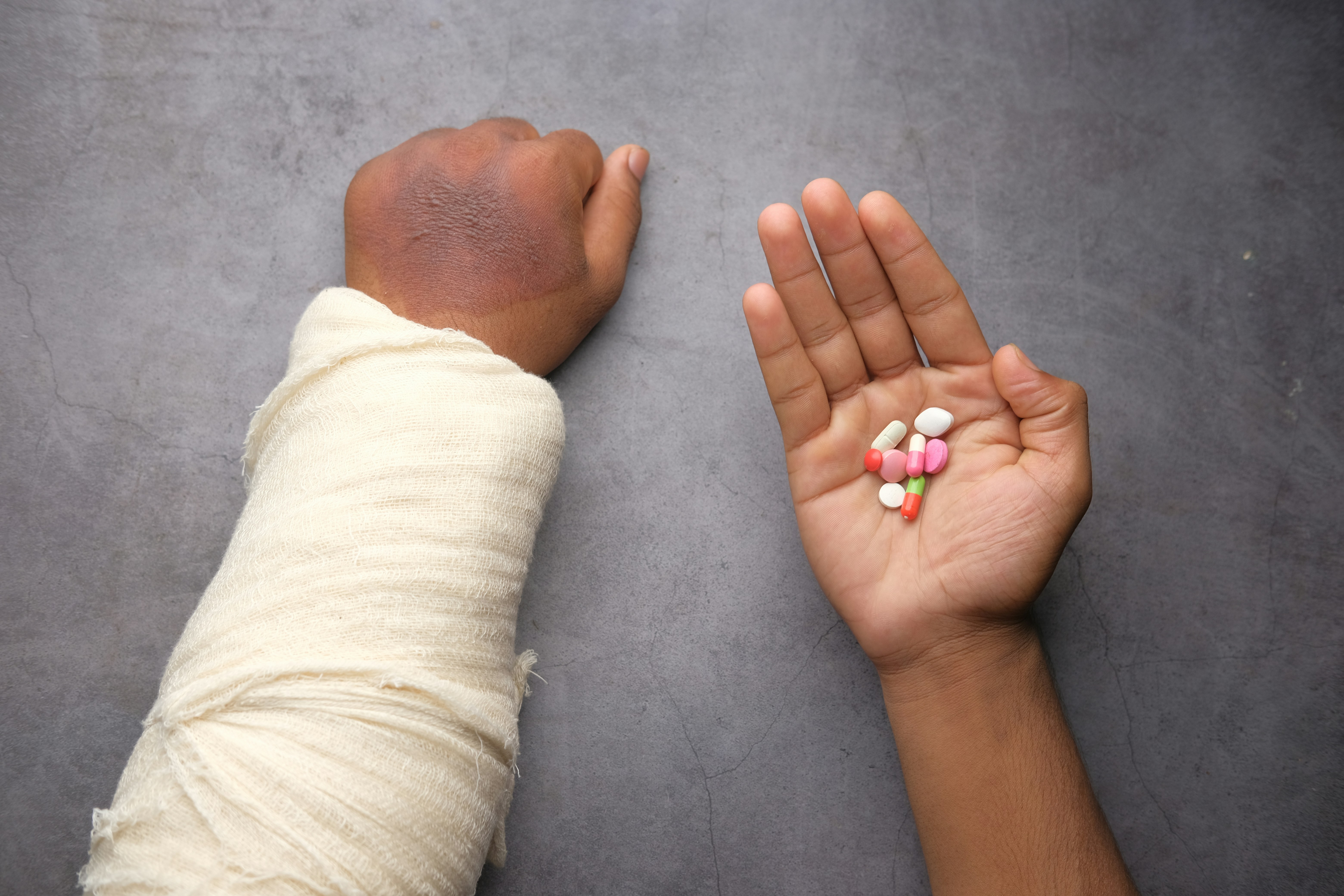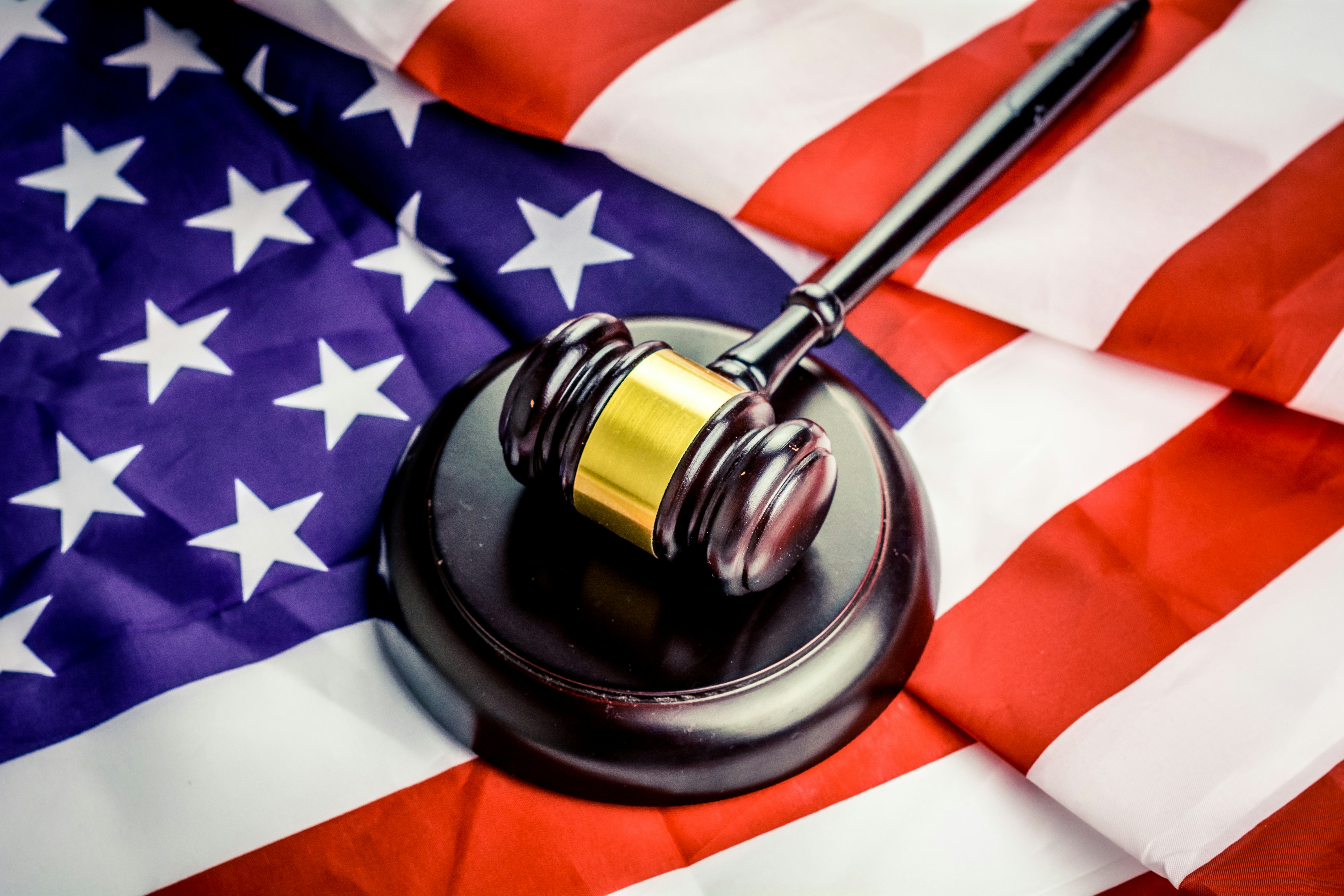
On Behalf of Hilley & Frieder, P.C. | Feb 19, 2025 | Workers' Compensation
Accidents happen unexpectedly, and the aftermath can be overwhelming. Whether it’s a car collision, a slip and fall, or a workplace mishap, victims often face physical pain, emotional stress, and financial burdens. Understanding how to handle a personal injury claim properly can make a significant difference in recovering compensation and protecting your legal rights.
Step 1: Seek Immediate Medical Attention
Your health is the most important priority after any accident. Even if injuries seem minor, it is crucial to get evaluated by a medical professional.
- Why it matters: Medical records are critical evidence in personal injury claims. They document the extent of your injuries and the treatment required.
- Tip: Keep copies of all medical reports, prescriptions, and bills. This documentation strengthens your case and ensures you receive compensation for both current and future medical expenses.
Step 2: Document the Accident
Gathering evidence as soon as possible helps support your claim. Evidence can include:
- Photographs of the accident scene, property damage, and visible injuries.
- Contact information for witnesses.
- Police or incident reports.
- Receipts for medical expenses, transportation, or other accident-related costs.
Proper documentation can significantly impact the success of your claim and prevent disputes about what happened.
Step 3: Avoid Speaking Directly with Insurance Companies
Insurance companies may contact you soon after an accident, offering a quick settlement. While it might seem convenient, early settlements can undervalue your claim.
- Tip: Always consult a personal injury lawyer before speaking with insurers. They understand negotiation tactics and can protect your interests.
- Common pitfall: Giving recorded statements or signing documents without legal advice can jeopardize your ability to receive fair compensation.
Step 4: Consult a Personal Injury Lawyer
Hiring an experienced lawyer is one of the most important steps in handling a personal injury claim. A skilled attorney can:
- Evaluate Your Case: Determine liability and the full extent of your damages.
- Gather Evidence: Collect expert opinions, medical records, and accident reports.
- Negotiate With Insurers: Ensure you receive a fair settlement that covers medical expenses, lost income, and other damages.
- Represent You in Court: If negotiations fail, your lawyer can take your case to trial.
Step 5: Understand the Types of Compensation You May Be Entitled To
Personal injury claims can cover a range of damages, including:
- Medical Expenses: Current and future treatment costs, including therapy and rehabilitation.
- Lost Wages: Compensation for time away from work due to injury.
- Pain and Suffering: Covers physical and emotional distress caused by the accident.
- Property Damage: Repair or replacement of damaged personal property, such as vehicles.
- Loss of Consortium: In some cases, compensation for the impact on family relationships.
A lawyer will help calculate your claim accurately and ensure you don’t leave money on the table.
Step 6: File Your Personal Injury Claim
Once your lawyer gathers all necessary documentation, the formal claim is filed. The process usually involves:
- Submitting a demand letter outlining your damages.
- Negotiating with the responsible party or insurance company.
- Preparing for possible litigation if a fair settlement cannot be reached.
Step 7: Be Patient and Stay Informed
Personal injury claims can take time, especially if injuries are severe or liability is disputed. Patience and clear communication with your attorney are essential.
- Tip: Maintain a journal of recovery progress, treatment updates, and related expenses.
- Stay involved: Attend medical appointments and legal meetings, and promptly respond to requests from your lawyer.
Step 8: Avoid Common Mistakes
To protect your claim, avoid these common errors:
- Settling too quickly without legal advice.
- Ignoring follow-up medical treatments.
- Posting details about the accident on social media.
- Failing to document expenses or injuries accurately.
Step 9: Why Choosing the Right Law Firm Matters
Not all personal injury cases are the same. Your choice of attorney can make a major difference in the outcome of your claim. At [Law Firm Name], we provide:
- Expertise: Years of experience handling various personal injury cases.
- Personalized Guidance: Individual attention to understand your specific needs and challenges.
- Aggressive Representation: We fight for maximum compensation while reducing stress for our clients.
Final Thoughts
Handling a personal injury claim after an accident requires careful planning, accurate documentation, and professional guidance. By taking the right steps—seeking medical care, documenting evidence, consulting a lawyer, and avoiding common pitfalls—you can protect your rights and increase the likelihood of receiving fair compensation.
Categories
Recent Posts
Popular Tags
Schedule Your Free Consultation With A Personal Injury Attorney
Our lawyers offer free initial consultations and case evaluations. During this time, they will listen to your story, answer your questions and tell you more about how they can help you with your personal injury claims. To schedule your free appointment, call us at 404-692-4865, or send us an email using our online form.


.svg)








